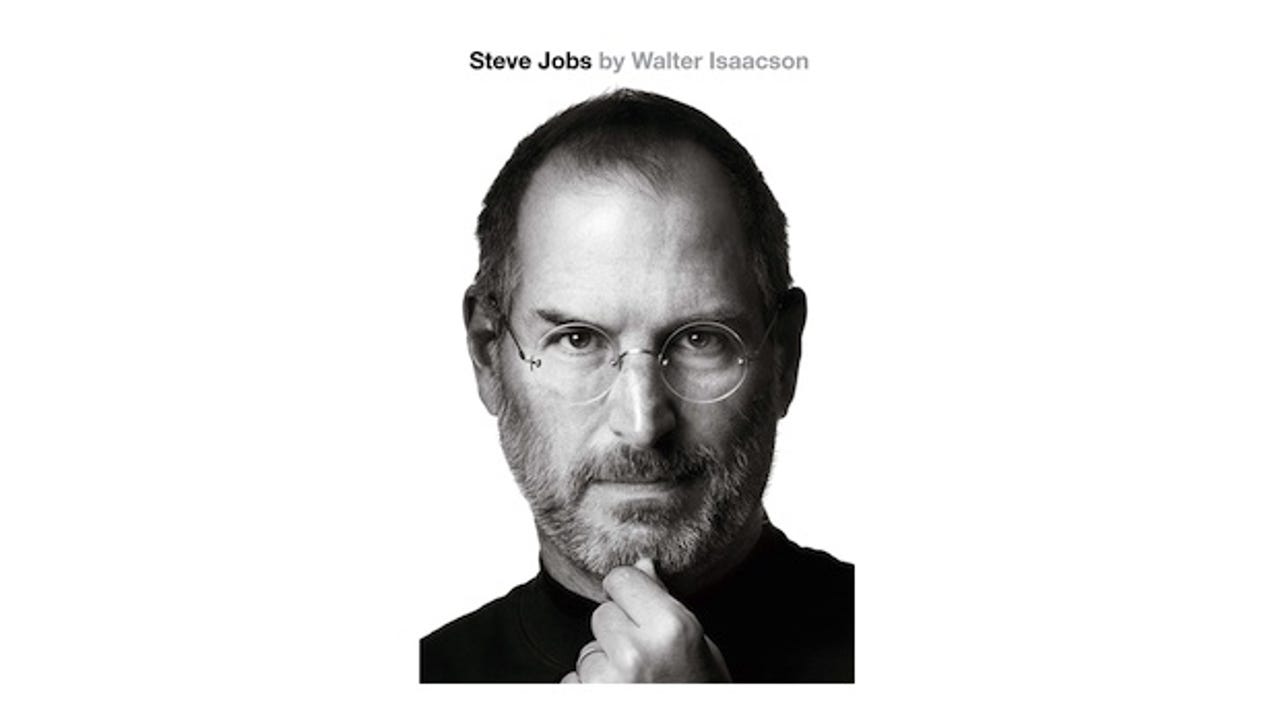Book review: Steve Jobs

"All progress depends on the unreasonable man," George Bernard Shaw wrote in 'Maxims for Revolutionists', part of the preface to his play Man and Superman. No-one who's read anything about Steve Jobs over the last 40 years is likely to need Walter Isaacson's 600-plus pages to convince them that Steve Jobs was a very unreasonable man.
Some parts of that unreasonableness are legendary. The insistence on perfecting tiny design details inside Apple computer cases that nobody would ever see. The showmanship that turned the launches of the Macintosh, the iPod, the iPhone and the iPad into cultural landmarks. The intransigence that got him ousted from his own company and, a decade later, saw him return to make a success of it (and Pixar). The hippie phase in which he took a trip to India and experimented with LSD. The refusal to allocate Apple shares to early supporters. Much of this material has been previously documented, most notably in Steven Levy's books.

Other parts are less well-known. Jobs might have lived longer if he hadn't resisted surgery for many months. Instead, he tried to beat his cancer with a range of non-medical treatments, including variations on the fad diets he experimented with throughout much of his life. He might, Isaacson writes, eat nothing but carrot salad, say, for weeks at a time, or simply fast. These eating disorders (Isaacson's characterisation) ultimately made it harder for him to ingest the protein he needed while ill. But being unreasonable helped him, too: for the last several years of his life he worked through recurring physical pain caused by his cancer.
This biography was Jobs's idea. He proposed it, Isaacson found out later, shortly before his first cancer surgery. Both Jobs and his wife promised Isaacson a free hand — his wife encouraged Isaacson to report on his subject, warts and all. Jobs's only intervention, other than providing more than 40 interviews over two years, was to insist on replacing the publisher's first try at a cover design. Isaacson also interviewed dozens of Jobs associates and industry figures, and cites the many books written about Apple over the years, as well as hundreds of articles and speeches.
It's hard to know what parts of the book Jobs might have objected to: would he have found some tiny imperfection in the accounts of the boardroom battles, the creation of the Mac, the iPhone or the iPad? Or would he have been chagrined to read, yet again, about his prickly relationship with his eldest daughter Lisa, whose existence he was slow to accept? He would be right to argue that people grow up and learn better — he was just 23 when she was born. Yet in 2010, Jobs's youngest daughter, then barely 16, tells Isaacson it's OK that her father ignores her (although not, as Isaacson has just made plain, his son): "Sometimes I wish I had more of his attention, but I know the work he's doing is very important and I think it's really cool, so I'm fine. I don't really need more attention".
Any journalist who's dealt with Apple over the years knows it can be difficult to persuade the company to part with information. Jobs's illness was a particularly apt example of this: he resisted public disclosure of his health problems despite his responsibilities as the CEO of a public company. When, in March 2008, Fortune magazine planned a piece entitled 'The Trouble with Steve Jobs' to discuss these matters, writes Isaacson, "Jobs summoned Fortune's managing editor, Andy Serwer, to Cupertino to pressure him to spike it. He leaned into Serwer's face and asked, 'So, you've uncovered the fact that I'm an asshole. Why is that news?'"
When someone dies, for the living they can suddenly snap into focus as a complete, four-dimensional being. At the first request, in 2004, Isaacson demurred at writing Jobs's biography until the end of his career, perhaps a couple of decades hence. As it happens, the book ends with Jobs's retirement from Apple in August and a few final thoughts about on-off switches: it is four-dimensionally complete.
Steve Jobs By Walter Isaacson Little, Brown 627 pages ISBN: 978-1-4087-0374-8 £25